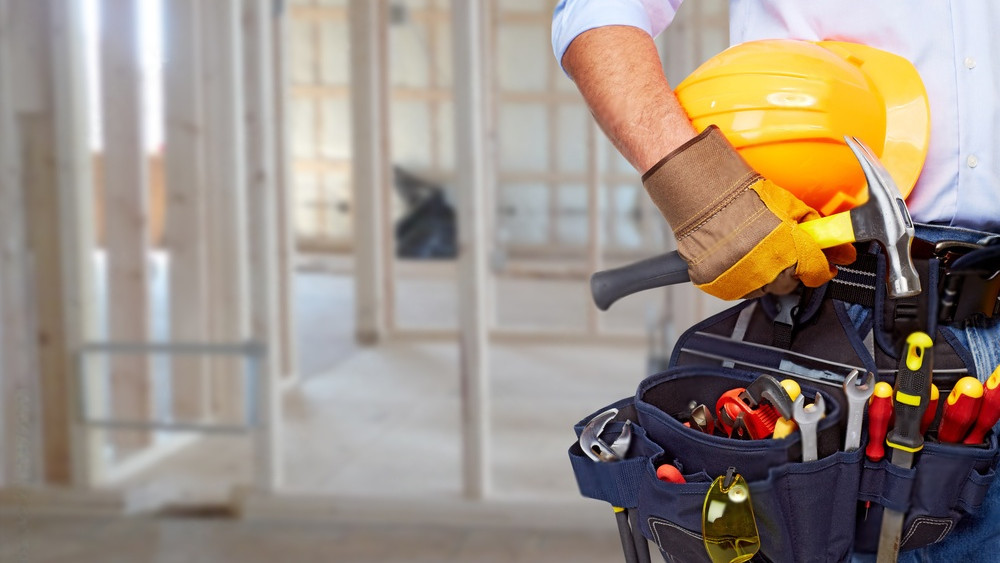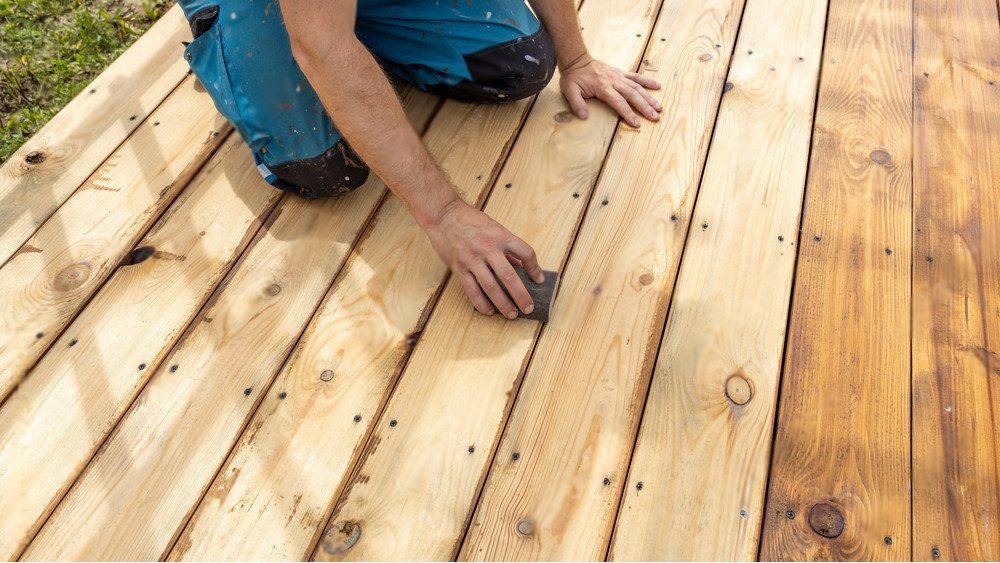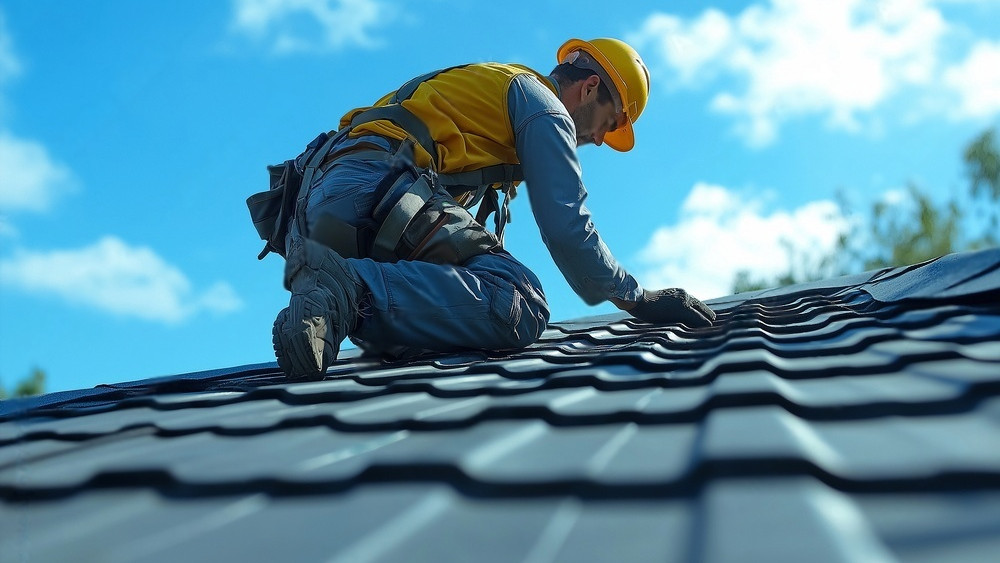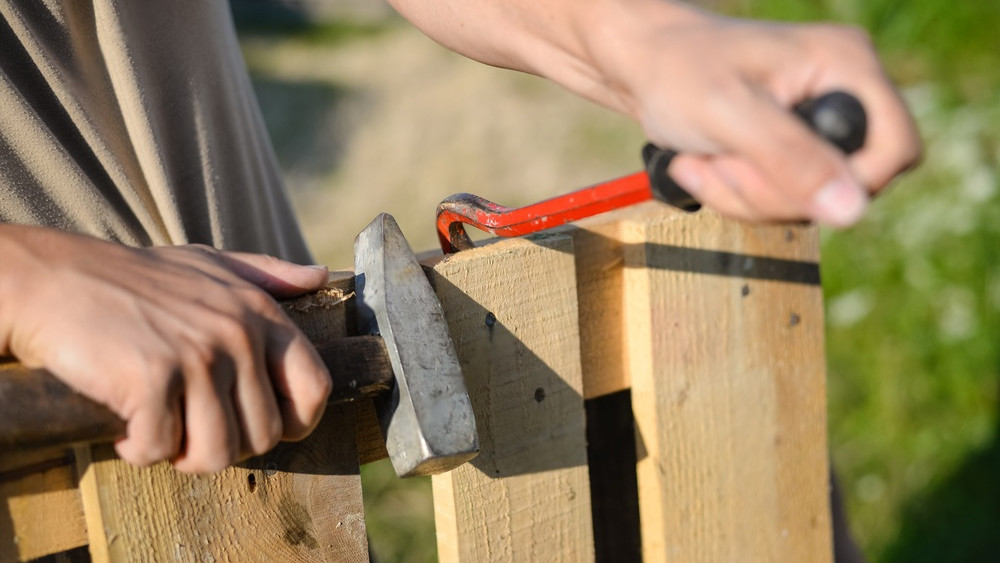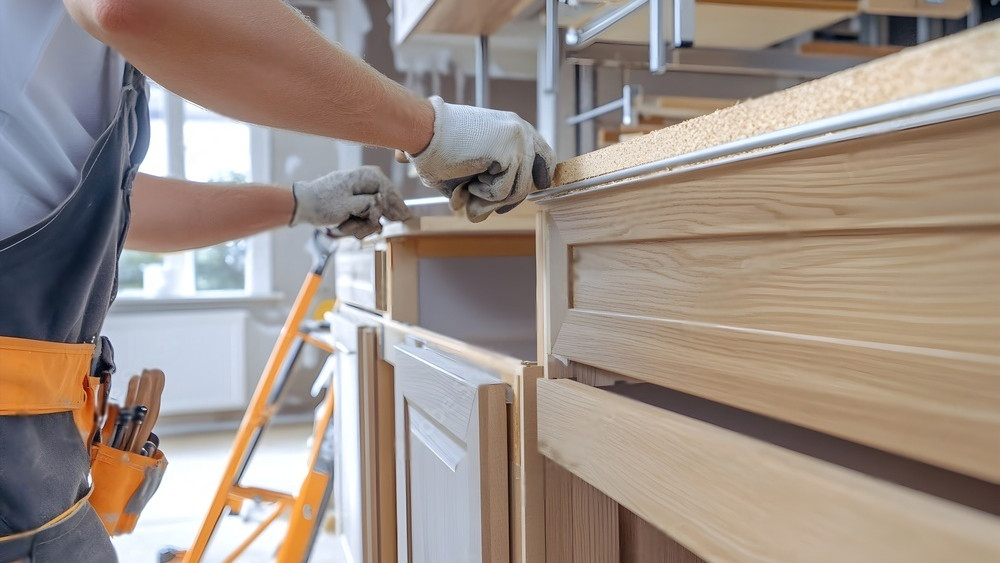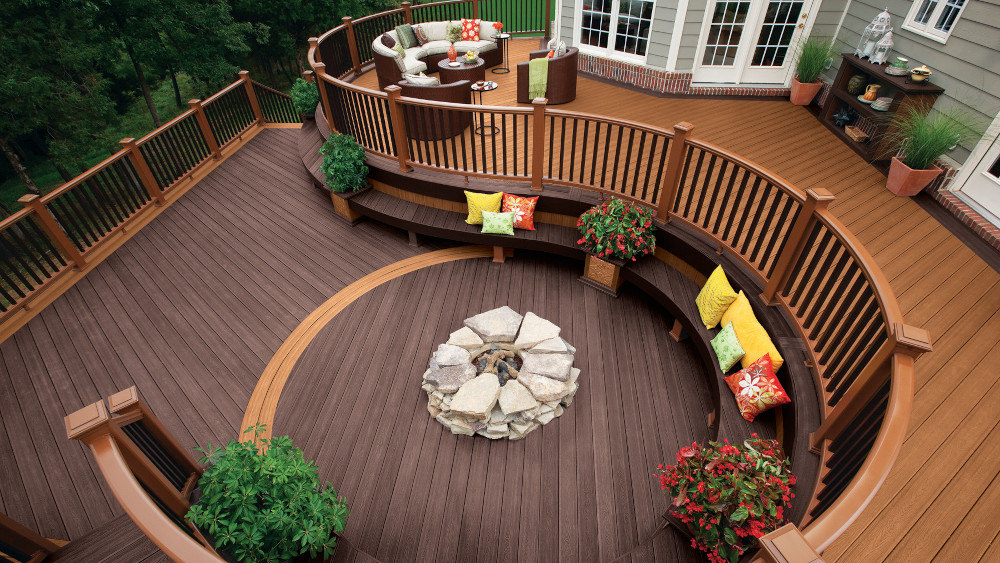Key Takeaways: Expert Handyman Services in New Zealand – Reliable Maintenance for Home, Property, and Commercial Needs
- Deck Repairs: Loose boards, rotting wood, or unstable railings are signs you need professional help.
- Roof Repairs: Missing shingles, leaks, or sagging areas should be addressed promptly.
- Fence Repairs: Warped panels, leaning posts, or broken gates indicate the need for repairs.
- DIY vs. Professional Repairs: Minor fixes can be DIY, but structural or complex issues require a handyman.
- Seasonal Maintenance Tips: Regular upkeep can prevent costly repairs and extend the life of your outdoor features.
Find and Hire a Handyman Service in New Zealand for Home and Property Maintenance, Repairs, and Improvements
Your home’s exterior features, such as decks, roofs, and fences, are essential for both functionality and curb appeal. Over time, exposure to New Zealand’s weather can lead to wear and tear, requiring timely repairs. While some issues can be handled with a DIY approach, others demand the expertise of a professional handyman.
In this blog, we’ll explore the common signs that it’s time to call a handyman in New Zealand, the difference between DIY and professional repairs, and seasonal maintenance tips to keep your outdoor spaces in top shape.
When to Call a Handyman for Deck Repairs
Signs Your Deck Needs Attention
Decks endure constant exposure to the elements, making them prone to damage. Here are some common signs that your deck may need repairs:
| Issue | What to Look For | Why It Matters |
|---|---|---|
| Loose Boards | Boards that move or creak when stepped on. | Can cause trips and falls, posing a safety hazard. |
| Rotting Wood | Discoloration, soft spots, or crumbling wood. | Weakens the structure and can spread if untreated. |
| Unstable Railings | Wobbly or detached railings. | Compromises safety, especially for children and elderly family members. |
| Fading or Peeling Paint | Paint or stain that has worn away due to weather exposure. | Reduces the deck’s lifespan and aesthetic appeal. |
If you notice any of these issues, it’s time to contact a deck handyman. They can assess the damage and provide affordable solutions to restore your deck’s safety and appearance.
Roof Repairs: Don’t Wait for Bigger Problems
Common Roof Issues
Your roof is your home’s first line of defense against the elements. Ignoring small problems can lead to costly repairs down the line. Here are some signs that you need a handyman for roof repair:
- Missing or Damaged Shingles: Strong winds and storms can dislodge shingles, leaving your roof vulnerable to leaks.
- Leaks or Water Stains: Water stains on your ceiling or walls are a clear sign of a roof leak.
- Sagging Areas: A sagging roof indicates structural issues that require immediate attention.
- Moss or Algae Growth: Excessive moss can trap moisture, leading to rot and decay.
Why Hire a Handyman?
A handyman near you for roof repair can address these issues quickly and efficiently. They offer affordable handyman services compared to larger roofing companies, making them a cost-effective choice for minor to moderate repairs.
Fence Repairs: Keep Your Property Secure
Signs Your Fence Needs Repairs
Fences provide privacy, security, and aesthetic value to your property. However, they can deteriorate over time due to weather and regular use. Look out for these common problems:
- Warped or Broken Panels: Panels that are bent or cracked can compromise the fence’s integrity.
- Leaning Posts: Posts that are no longer upright may indicate a weak foundation.
- Rusty Hinges or Broken Gates: These issues can make your fence less functional and secure.
- Rot or Pest Damage: Wooden fences are particularly susceptible to rot and termite infestations.
Benefits of Hiring a Handyman
A fence handyman near you can handle everything from replacing panels to fixing gates. They can also recommend preventive measures to extend the life of your fence.
DIY vs. Professional Repairs: Know the Difference
When to DIY
Some minor repairs can be handled on your own, such as:
- Tightening screws on deck boards or railings.
- Re-staining or painting your deck or fence.
- Cleaning gutters or removing moss from your roof.
When to Call a Professional
For more complex or structural issues, it’s best to hire a professional handyman. Examples include:
- Replacing rotting wood or repairing structural damage.
- Fixing roof leaks or replacing shingles.
- Repairing leaning fence posts or broken gates.
Attempting to DIY these repairs can lead to costly mistakes, making the problem worse. A professional handyman ensures the job is done safely and correctly the first time.
Seasonal Maintenance Tips for Decks, Roofs, and Fences
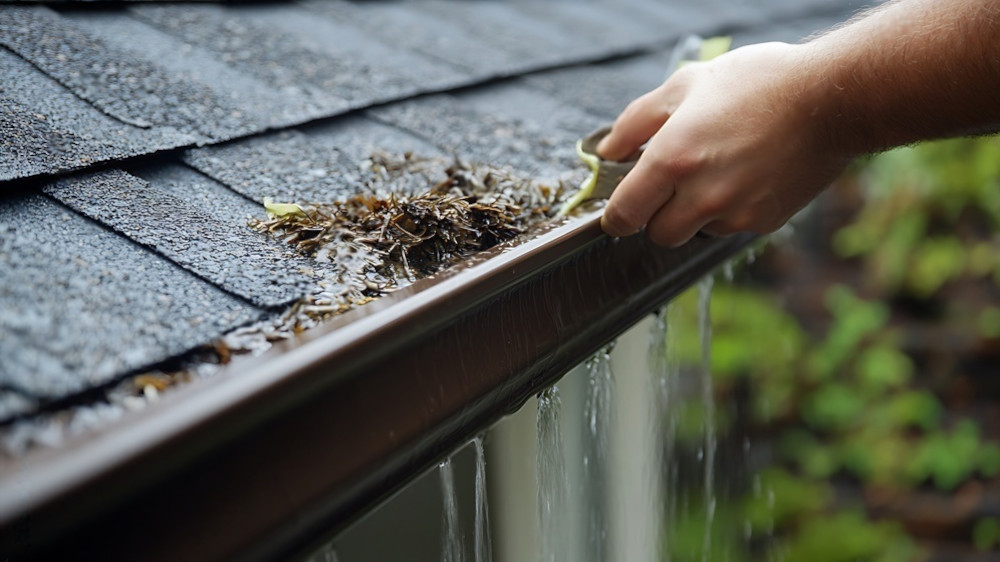
Regular maintenance can prevent costly repairs and extend the life of your outdoor features. Here are some seasonal tips tailored to New Zealand’s climate:
- Autumn: Clear gutters of leaves and debris to prevent water pooling. Inspect your roof for any damage before winter storms.
- Winter: Check for storm damage, such as loose shingles or leaning fence posts. Remove snow or debris from your deck to prevent moisture damage.
- Spring: Re-stain or reseal your deck to protect it from UV rays. Fix any gaps or damage in your fence caused by winter weather.
- Summer: Inspect paint or sealants for UV wear and tear. Tighten screws and bolts on your deck and fence to ensure stability.
By following these tips, you can keep your outdoor spaces in great condition year-round.
Home and Commercial Renovations
Renovating your home or commercial space can breathe new life into your property, improve functionality, and enhance its overall appeal. Whether you’re planning to upgrade your kitchen, modernize your bathroom, repair doors, or undertake a large-scale commercial renovation, having a clear plan and the right professionals is key to achieving outstanding results.
Kitchen Renovations
The kitchen is often the heart of the home, and a well-designed renovation can make it more functional and visually appealing. From installing new cabinets and countertops to upgrading appliances and lighting, kitchen renovations can transform your space into a modern, efficient area for cooking and entertaining.
Bathroom Renovations
Bathrooms are another critical area of any property. Renovating your bathroom can improve comfort, add value to your home, and create a spa-like experience. Whether it’s updating fixtures, installing new tiles, or adding storage solutions, bathroom renovations can make a big impact on your daily routine.
Door Repairs and Upgrades
Doors are not just functional; they also contribute to the aesthetic and security of your property. Whether you need to repair damaged doors, replace old ones, or install modern designs, door upgrades can enhance both the look and safety of your home or commercial space.
Commercial Renovations
For businesses, commercial renovations are essential to creating a professional and welcoming environment for clients and employees. From office spaces to retail stores, commercial renovations can include layout redesigns, improved lighting, and upgraded facilities to meet the needs of your business.
By focusing on these key areas—kitchen, bathroom, doors, and commercial spaces—you can ensure your renovation projects are well-planned and executed, resulting in spaces that are both functional and beautiful.
Conclusion
Maintaining your home’s exterior features is essential for safety, functionality, and curb appeal. Whether it’s a wobbly deck, a leaky roof, or a damaged fence, addressing these issues promptly can save you time and money in the long run.
If you’re looking for affordable and professional handyman services in New Zealand, don’t hesitate to reach out to a local professional. They can provide expert repairs and ensure your home remains in top condition.
Need help with deck, roof, or fence repairs?
Visit Landscaping HQ to find a trusted handyman near you and get your outdoor spaces back in shape—fast and affordably.
Common Questions and Answers
Can a handyman change a light fixture, replace a light switch, or electrical outlet in New Zealand?
In New Zealand (NZ), basic household electrical tasks such as changing a light bulb or installing a hook for a lamp may be done by a handy person, but anything involving wiring—like replacing a light switch or installing a new electrical outlet—must be done by a licensed electrician. Even if the task seems minor, NZ law is strict when it comes to electrical work for safety reasons. A professional electrical contractor ensures that the installation is safe, compliant, and long-lasting.
That said, a general handyman can still help with related tasks such as assembling a light fixture (before final electrical hookup), mounting ceiling fans, or even attaching a blind or curtain rail near a window. While a handyman may offer free consultations or cheap prices compared to a specialist, they cannot legally complete certain electric jobs. Always verify whether the job requires a licensed electrician, especially when dealing with wiring or appliance installation like a washer, dryer, or microwave.
Can a handyman do plumbing or patch drywall?
Yes, a handyman in NZ can often help with small plumbing tasks such as changing washers, replacing tap fittings, or fixing a leaky washing machine hookup. For more advanced work like replacing pipes or installing a new bathroom floor, however, a certified plumber or builder may be required. It’s important to understand the limits of general handyman services, especially when dealing with essential systems like water or electricity in your home or garage.
Drywall patching is a common handyman task. Whether you have a hole from a removed fixture or damage from moving furniture, a skilled handyman can repair it smoothly. They can complete wall prep, sanding, painting, and even work alongside a decorator or painter to make the wall look new. From patching drywall to laminate flooring assembly or small carpentry jobs like fixing a squeaky door, a handyman offers an affordable way to handle ongoing household maintenance without needing a full construction crew.
How much does a handyman charge for common jobs like painting a room?
The price of hiring a handyman in NZ can vary based on the complexity of the task and the region. On average, painting a standard room may cost between NZD 200–500, depending on the room size, wall condition, and whether you supply the paint and materials or the handyman brings them. Additional factors like whether they need to move furniture, repair holes in the drywall, or apply decorative finishes will also influence the final cost. A skilled painter or decorator may offer higher-end results, while a general handyman may provide a more basic yet affordable solution.
Other common jobs like furniture assembly, cabinet installation, floor laminate laying, or countertop resealing are usually priced per hour or per task. Some handymen provide free estimates or bundle services like hanging blinds, installing hooks, or fixing carpet edges. If you’re looking for a cheap yet skilled handyman nearby, many platforms now feature reviews and price comparisons to help you choose the best professional for your household needs.
What can a handyman do around the house or commercial property?
A handyman in NZ can tackle a wide range of general tasks in both residential and commercial spaces. From door repairs and hardware installation to mounting TV brackets, replacing countertop surfaces, or even setting up garage shelving—handymen can make your space more functional without needing a licensed builder. They can also support licensed trades like plumbers, electricians, or roofers on bigger remodel projects by completing prep, cleanup, or basic assembly tasks. Whether you’re a homeowner, a gardener maintaining rental units, or a commercial property manager, a handy person can help save time and effort.
In offices or retail spaces, handymen can help with installing blinds, adjusting carpet tiles, fixing a squeaky chair, or hanging artwork. They can also assist with furniture assembly, fixing a microwave shelf, or minor carpentry like replacing a wooden floorboard. A handyman might not be a tiler or joiner by trade, but their creative approach and experience with a broad range of tools make them ideal for many types of work. Whether you’re a firefighter needing a quick fix at the station, a female business owner setting up a new shop, or simply want basic tasks done around your house, a reliable handyman can be an essential part of your maintenance strategy.
Is it better to DIY or hire a handyman?
DIY is a great option for tasks that are basic, low-risk, and don’t require licensed trade knowledge. For example, tightening a loose washer on a tap, applying blind covers, or adding hooks to a wooden beam can often be done with common household tools. If you enjoy creative home improvement and have access to the right hardware and instructions, you may feel confident completing simple jobs on your own—especially when it comes to painting, garden maintenance, or minor floor cleaning and assembly.
However, for construction, electrical, plumb, or structural carpentry work, hiring a professional is often the safer and more cost-effective choice. A qualified handyman can help complete complex jobs such as concrete patching, laminate floor installation, drywall hole repair, or garage storage assembly without risking damage or safety issues. Plus, they often supply their own tools and machines, saving you from needing to buy expensive equipment. In many cases, hiring a nearby handyman provides peace of mind, saves time, and ensures a polished, professional result that’s worth the price.
